Stellantis Eyes Leapmotor To Bring Affordable EVs To India
Chinese Electric Cars May Hit Indian Roads By Year’s End
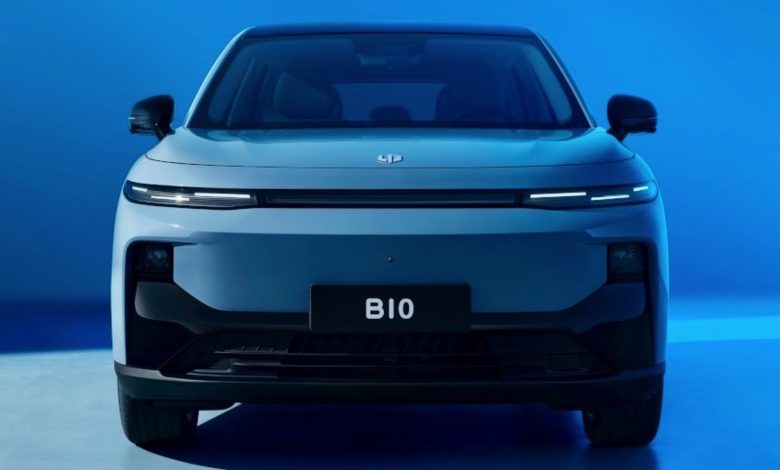
Stellantis is partnering with Leapmotor, its Chinese joint venture, to target India’s fast-growing electric vehicle (EV) market.
Tianshu Xin, the Stellantis China Regional COO and CEO of the Leapmotor International joint venture, confirmed during the Shanghai Auto Show that the two companies are accelerating plans to sell Leapmotor-branded EVs in India, potentially beginning by the end of 2025.
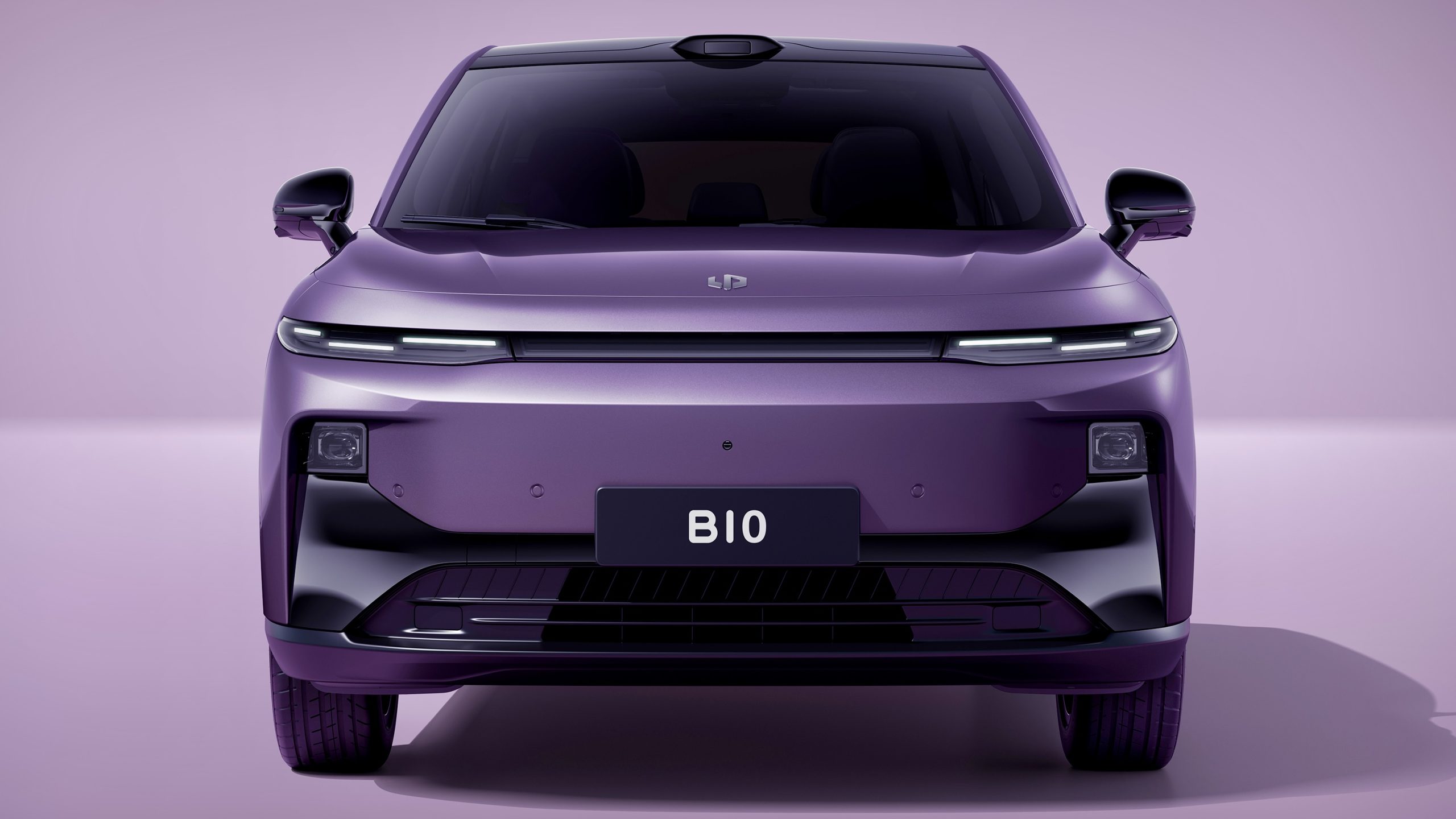
“With the size of the automotive market, India certainly has a lot of potential as well,” said Xin, adding that Stellantis is looking to capitalize on that opportunity as soon as possible.
While Xin didn’t reveal exactly which Leapmotor models would be offered in India, the plan reflects Stellantis’ broader push to grow its EV presence outside of China. In 2023, Stellantis acquired a 21% stake in Leapmotor for $1.6 billion, forming Leapmotor International — a 51/49 joint venture controlled by Stellantis to sell and build Leapmotor EVs outside China.
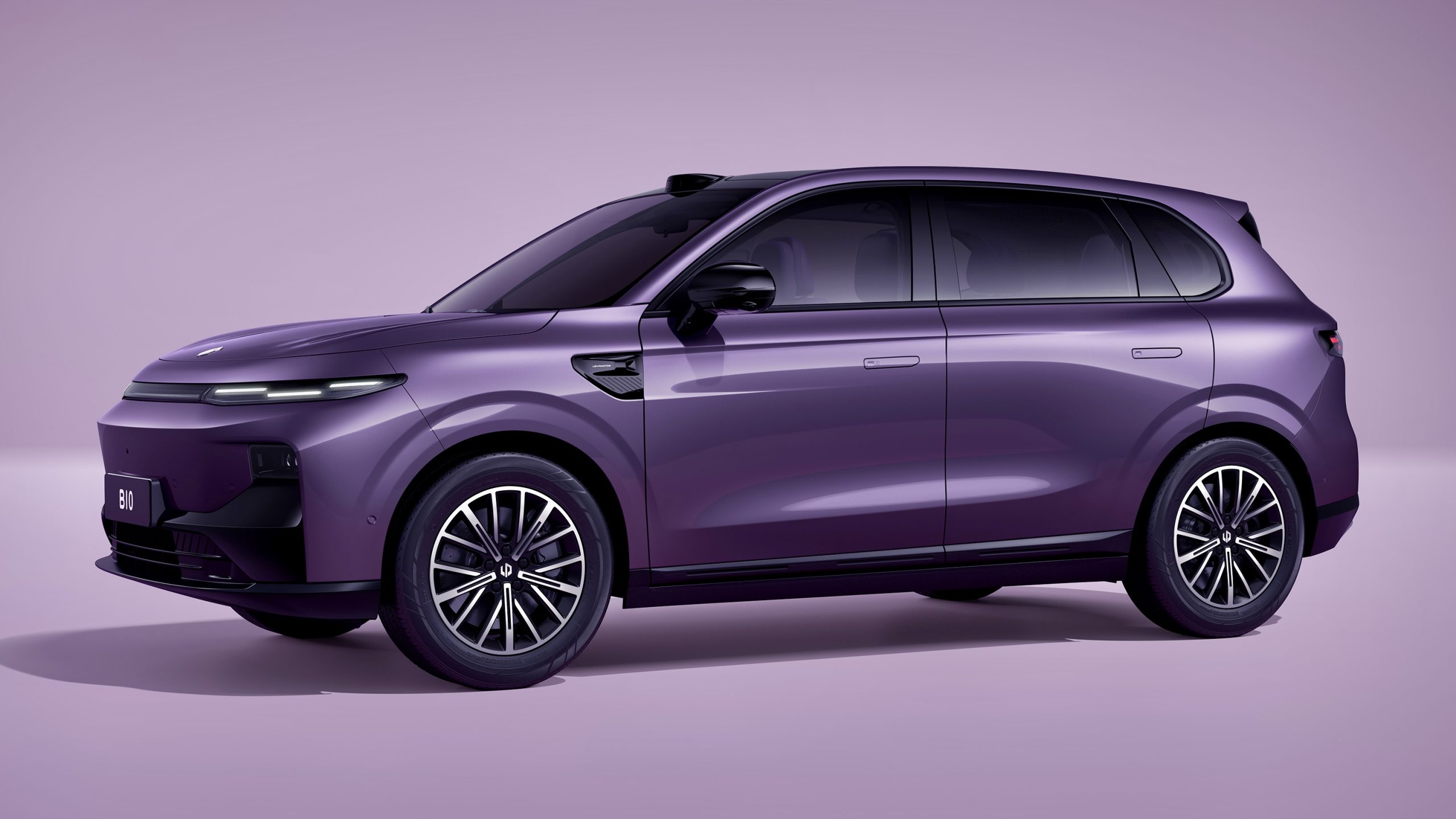
Leapmotor has been making headlines with the introduction of its B10 eSUV, which includes high-end tech like lidar sensors and an Advanced Driver-Assist System (ADAS) — all for under $18,000. That price point could make it highly competitive in India, where affordability drives most car-buying decisions.
However, Leapmotor founder and CEO Zhu Jiangming offered a realistic take on India’s profitability. “No matter smartphones or tablets, it is very difficult to profit from India, and it is expected that it would be the same for the auto market,” Zhu told Reuters.

Stellantis already has a head start in India with its Citroën brand. It operates several plants there, including one in Tamil Nadu that’s already producing Citroën EVs. This could be a major advantage if Stellantis decides to assemble Leapmotor models locally rather than ship them from China.
Xin acknowledged that relying on exports from China could be risky, especially with shifting tariffs and global trade tensions. Using Stellantis plants in India would help reduce those risks and possibly qualify the EVs for government incentives aimed at local manufacturing.
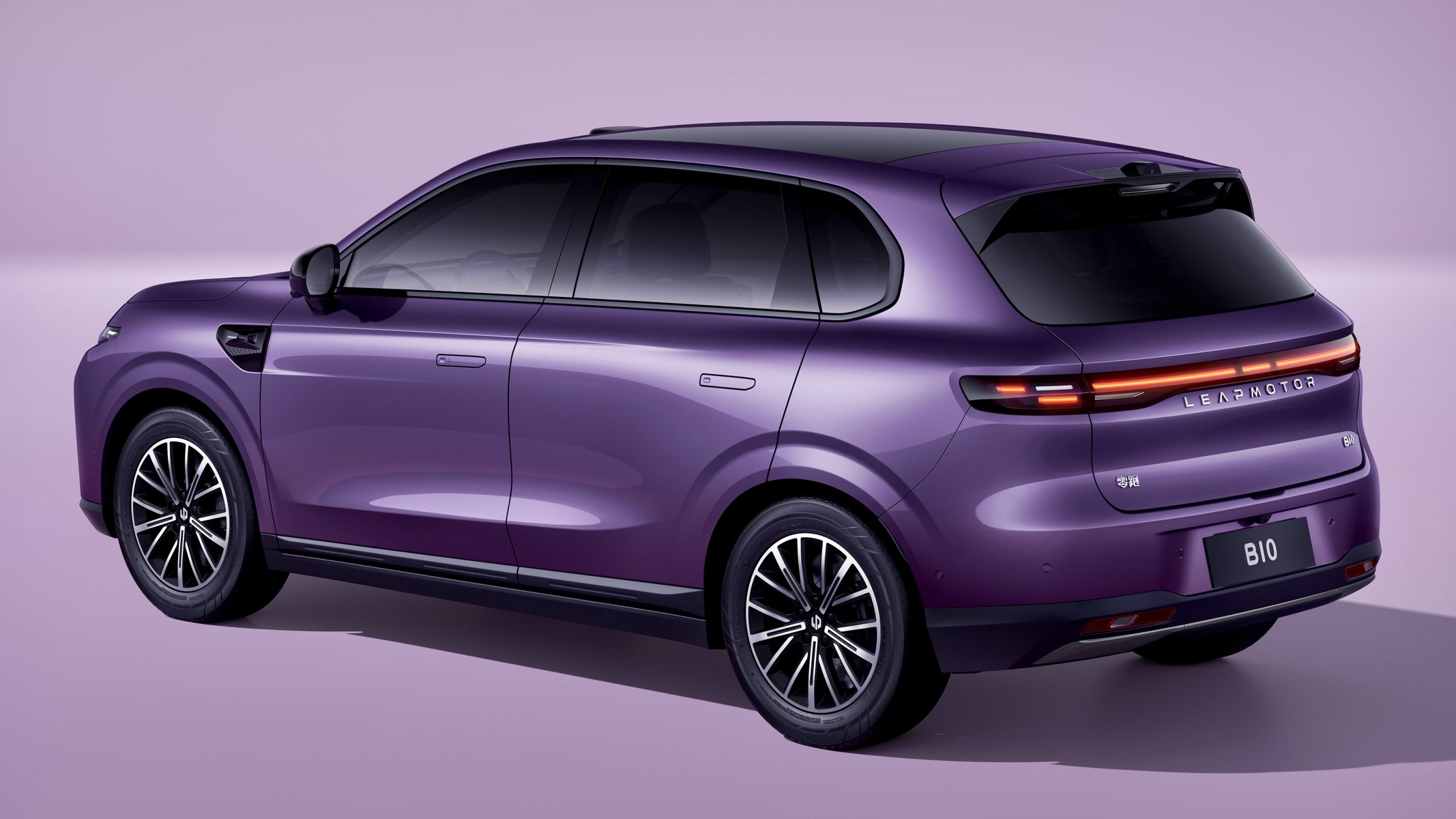
India, now the third-largest car market in the world, is becoming a hotbed for EV competition. Tesla, which has been eyeing India for years, continues to hold back due to the country’s steep 100% import duties. Meanwhile, Chinese giant BYD has already made inroads and continues to lead global EV sales.
Source: Reuters

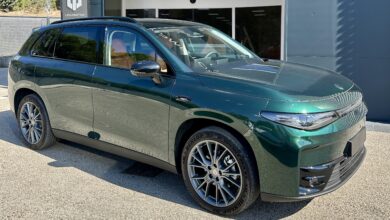
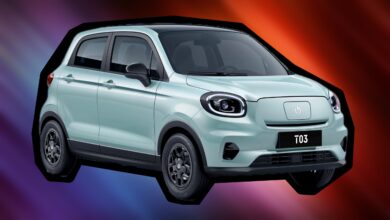
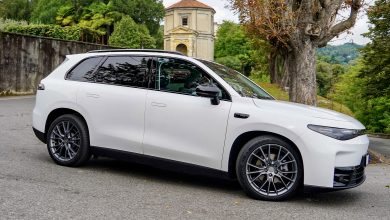
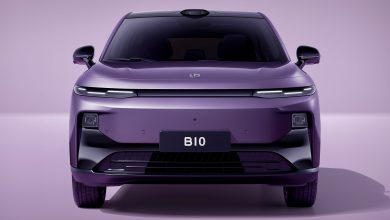
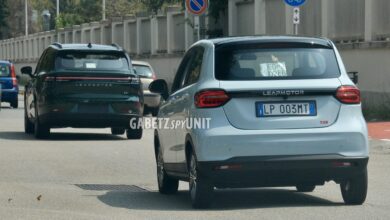
6 replies
Loading new replies...
Join the full discussion at the Mopar Insiders Forum →